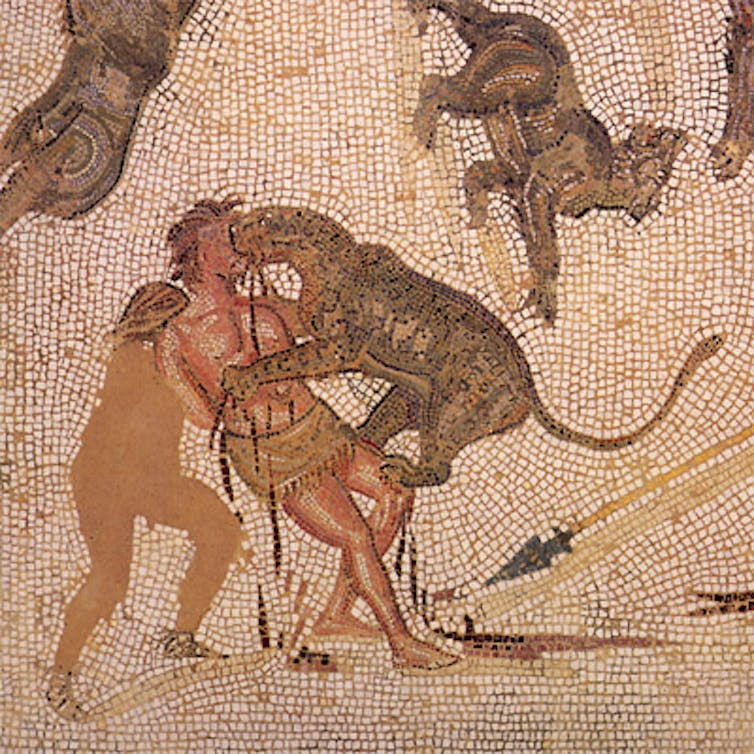Baldseagull
Well-known member
You don't have a problem with faith being the reason a Palestinian activist has a fight for his homeland?Religions are untestable hypotheses. Ask a believer what the “test case” is for their religion; what it is that would prove them wrong, and they can’t do it. Because they are untestable hypotheses they are to me, a scientist, irrelevant. Trying to argue for or against religions based on scientific analyses of the claims and based on whether a certain tract is or isn’t true are like trying to count angels on pinheads: utterly pointless. So nobody can claim that god exists or doesn’t exist because there is no test case.
What I do know is that faith exists and I respect that far more than pointless arguments about claims about historical accuracies. Faith is what keeps a Ukrainian mother able to manage the death of a teenage son. Faith is what has produced the incredible art that litters European galleries, and has produced the fine architecture of European cities. Faith keeps a Palestinian activist fighting for their homeland.
I despise the pseudo-science trying to support or knock-down that faith, which has provided succour to the working classes through history. Leave people alone to believe what they want. I wish I was able to have faith like that.






